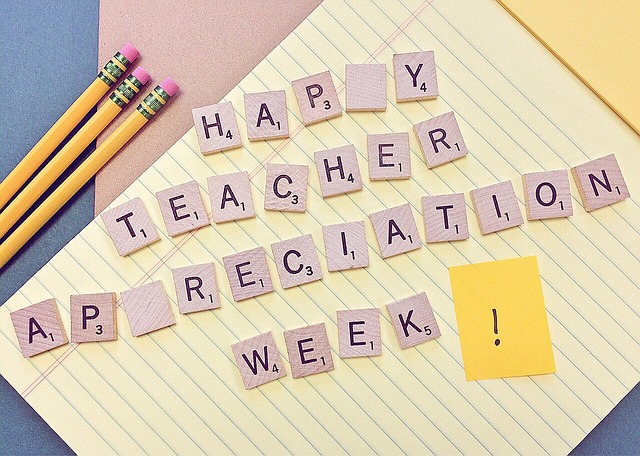I woke up this morning with this blog title in my head but I am not sure where it came from. I have not been reading about clutter lately– maybe, it is an unconscious realisation that the time has come to attack my home office clutter again. My wife and I made a concerted effort to clear clutter in my home office a few months ago in one of our recreational breaks. We achieved clearing some paper clutter, re-organising books and bookshelves, and rearranging some furniture. It created a sense of space and some degree of control. One of the drivers for the change was Zoom meetings and conferences – the need to replace the creamy blank wall behind me with something a bit more engaging.
Behind me, I now have a tidy bookcase with some books thematically arranged (not alphabetically, that would be going too far!). So, I have groupings of books on mindfulness and self-development; action learning and action research; and manager & organisational development. These are three core areas I work in. One of the immediate benefits for me is that I can now readily find book references when I am writing my blog or preparing a manager development session.
I suspect that part of the reason for thinking about this topic again is that with the pandemic challenges and restrictions we will not be going overseas or interstate this year. This means that our Christmas break will provide some time to clean up, renovate and generally tidy up the house.
Clutter takes up space physically and mentally
Many of us lead busy lives with little time for cleaning up behind us as we rush through the commitments of each day. Clutter not only takes up physical space but it is also ever-present, sapping our energy. We waste time trying to find things that should be ready to hand (I have been as guilty of this as anyone).
I have recently created some piles of “stuff to file” in a fit of clearing clutter. One of my difficulties is throwing away papers/articles that “I might need later”. The reality is that I rarely get to use any of them and, besides, I often have electronic copies or links to their location online – I really do not need the hard copies. However, there is also an emotional attachment to some papers or articles – they are mementos of conquests, achievements, struggles, written work, or moments of joy. Sorting out “need” from emotional attachment can be very difficult. In the meantime, the piles of stuff (not only papers) create an energy drag because they always appear on my mental to-do list (I don’t record them on my written to-do list – I might have to do something about them if I did!).
Make room for love in your life
Clutter experts tell us that clearing clutter enables us to “reclaim our life”, and can make a “huge difference to our happiness and productivity”. Clutter represents stored energy. Clearing clutter can improve our lifestyle and help us to restore our priorities, such as making room and time for those we love.
Marie Kondo argues that it is all a matter of mindset and the development of the habit of tidying once a major clean-up is undertaken. She also suggests that you should clear things up by theme (e.g. books, clothes) rather than by rooms or locations within the house. However, we may not have time to clear our clutter on a large scale or the commitment to undertake the level of disciplined rigour that Marie suggests. To me, making progress in clearing clutter does provide, as Marie suggests, a sense of achievement and motivation to develop and sustain the habit of tidying up. Marie’s philosophy is that big wins early on, provide the fuel for sustaining the effort of clutter clearing.
Reflection
The title of this post and subsequent discussion suggest that there is an opportunity cost to clutter. One aspect of that cost is losing time and energy for those we love. Clutter, too, can be one of the blockages to finding stillness and silence in our life and the opportunity to grow in mindfulness. Christine Jackman, in her book Turning Down the Noise: The Quiet Power of Silence in a Busy World, maintains that our busyness and cluttered lives stop us from really listening to those we love and hearing the important stories in our daily life, e.g. stories from partners and children. She argues that listening for understanding “is as simple as pausing in silence and opening our hearts”.
____________________________________
Image by Andreas Lischka from Pixabay
By Ron Passfield – Copyright (Creative Commons license, Attribution–Non Commercial–No Derivatives)
Disclosure: If you purchase a product through this site, I may earn a commission which will help to pay for the site, the associated Meetup group and the resources to support the blog.

